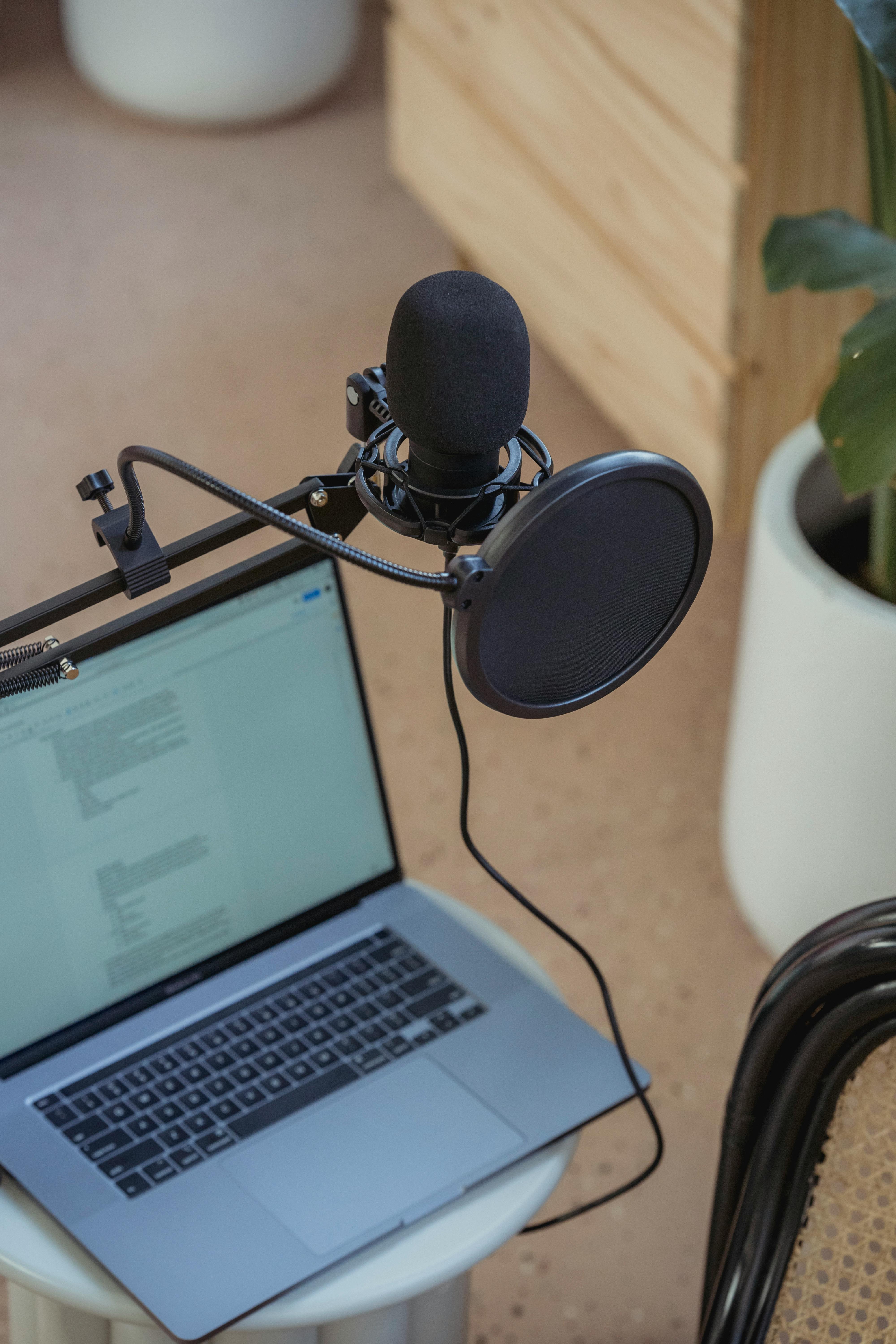How to get to Tulum?
We all know it’s important to design personal and professional goals for success. But how should you design your objectives? These are my five easy steps to design goals that are good for you, that you will achieve, and that fit in a life-long learning philosophy, essential for growth.
1. Identify your areas of personal and professional growth
At the onset of your growth journey, before identifying specific goals, you want to identify the areas in which you hope to develop personally and professionally. For instance:
(1) physical health, (2) mental health, (3) productivity, (4) relationships
Other areas you might want to consider are work, school/university, finances, charity, spirituality, …
For each of these development areas, you want to define smart goals – targets that you will actually achieve. SMART goals is a concept originally developed by George T. Doran in a 1981 issue of Management Review. Since then, it has been widely used by many other organisational psychologists. The concept advocates for defining goals that are: specific, measurable, achievable, relevant, and time-bound.
Using SMART goals will facilitate keeping track of your progress and setting a path to success.
2. Define clear learning objectives
Your personal and professional goals should be specific, i.e. as precise as possible. I advise to design goals that are not centred on achieving finite products (e.g. I want to have a six-pack) but rather on gaining skills, knowledge, and experience (e.g. I want to be able to hold a plank for 3 minutes). Think of your goals as learning objectives. This is much more rewarding and fits within a ‘growth mindset’, a life-long learning philosophy.
With a mindset centred on growth and progress, instead of fixed qualities, we can reach ever-higher levels of achievement. In contrast, a fixed mindset that sees intelligence and other qualities as static will lead to frustration and unfulfilled potential. It is therefore important to formulate goals that focus on learning rather than achieving an end product.
Here are some example clear learning goals for each development area:
- Physical Health: I want to have the experience that would allow me to ace any advanced-level yoga class.
- Mental Health: I want to be kinder to my body and develop a more confident image of myself.
- Productivity: I want to design and implement a personal project from start to finish.
- Relationships: I want to deeply understand my best friend and improve our communication.
3. Prepare to track your progress
Your goals should be measurable so that you can track your progress. Designing vague, unmeasurable goals means that you’ll never be quite sure when you’ve achieved them. Conversely, making sure that you can tick some milestones off a list will help you stay motivated and focused. I recommend splitting each personal and professional goal into 3-5 measurable steps. To define those steps, ask yourself: How can I get there? What could help me achieve those goals? Which concrete action will bring me closer to the result I am looking for?
You should equally make sure that each step is achievable (can you really sustain that action for longer than a month?), relevant (will that truly contribute to your goal?), and time-bound (how often are you willing to do so? by when do you want it done?).
For example, for the mental health goal defined earlier, I would break it down into the following measurable steps:
Autumn 2023 – How can I be kinder to my body and develop a more confident image of myself?
- meditate for 5 minutes once a week
- try 2 seances of acupuncture
- participate in 3 sessions of psychotherapy
- read ‘Untamed’ by Glennon Doyle
- organise a professional photo shoot
I always recommend setting the bar low. Psychology studies show that setting goals that are challenging but accessible will keep you motivated and on track with your progress. Therefore, start small, watch yourself commit to your goals, and progressively increase the load of your steps.
You can keep track of your goals by using apps (check out my favourites here) or by using a good old notebook or a board placed strategically in your kitchen or office. The key is to make them visible so you don’t lose track of them!
4. Evaluate and revise
It is crucial to evaluate your progress in achieving your personal and professional goals, and revise your steps if needed. I recommend doing so three to four times a year, for instance at the start of each season.
- Evaluate: How much have you progressed? Have you noticed any change in your behaviour? Have you produced any tangible output? Evaluation can be positive or negative, but it should be celebrated nonetheless because you are taking the time right now to assess your progress. You are making an effort to stick to your goals and that is the most valuable mindset.
- Revise: Was it easy, difficult, or the right amount of challenge? Perhaps you overestimated your capacity to go on a run three times a week – that’s fine! You can revise your goal with more achievable steps. Remember, you’re much more likely to stick to your plan if it was doable in the first place.
Most importantly, remember that the cardinal goal of any growth journey is progress. No matter how small or big your steps, what matters is that you keep going!
5. Reward yourself
Last but not least, it is crucial to reward yourself for your progress and achievements, no matter how small. Identify how you can reward yourself, ideally throughout the year. Incremental rewards for reaching specific milestones will motivate you to work through challenging moments.
However, you should choose rewards that support your personal growth journey. There is no point in rewarding yourself with a fast food delivery after each salad, if your goal is to eat healthier. For this reason, you may want to think in advance about your rewards and adapt their scale to your effort.
Below are some example rewards for the steps listed previously:
Autumn 2023 – How can I be kinder to my body and develop a more confident image of myself?
- meditate for 5 minutes once a week (reward: going to the cinema at the end of the month)
- try 2 seances of acupuncture (reward: getting a massage at the end of the season)
- participate in 3 sessions of psychotherapy (reward: eating out at a nice restaurant)
- read ‘Untamed’ by Glennon Doyle (reward: buying 3 new books)
- organise a professional photo shoot (reward: treating myself to a self-care weekend)
Have fun throughout the process and try to elongate your time perspective on progress. What may not be visible over two weeks will make a difference over two years of consistent progress!
Which airline is best?

My tools for growth
Discover many articles like this one on my Growth Toolkit, a collection of resources to start or enhance your personal and professional growth journey whilst keeping your wellness in check, boosting confidence and critical thinking, as well as continuously expanding your skills and knowledge.

Hi! I’m Sophie
I am a social scientist and world explorer. In my work, I analyse the evolving meaning of security. I enjoy traveling, yoga, and electronic music in my free time. I consider myself an enthusiastic feminist and self-care advocate.



